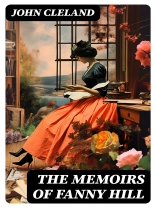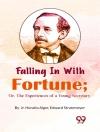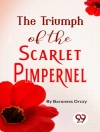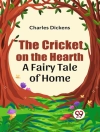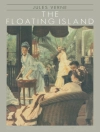In ‘The Memoirs of Fanny Hill, ‘ John Cleland presents a groundbreaking narrative that delves into the sensual and often controversial experiences of a young woman navigating the complexities of 18th-century London. Written with a candid and eloquent prose style, the novel operates at the intersection of erotic literature and social commentary. Its exploration of desire, morality, and the pursuit of pleasure not only reflects the shifting values of the time but also engages with the emerging discourse on women’s sexuality and autonomy, making it a pivotal text within the literary landscape of its day. John Cleland, an English writer and poet, faced numerous challenges throughout his life, including imprisonment for debt, which profoundly influenced his perspective on societal norms and personal freedom. His own experiences of love, loss, and the vagaries of fortune imbue ‘Fanny Hill’ with a depth and authenticity that invites readers to empathize with the protagonist. Cleland’s desire to navigate and expose the intricacies of human passion and the moral constraints that govern it highlights his role as a trailblazer in the genre of erotic fiction. This seminal work is recommended for readers seeking an insightful exploration of desire and identity within a richly drawn historical context. Cleland’s nuanced storytelling invites critical reflection on societal expectations, making it a compelling read for anyone interested in the evolution of erotic literature and the representation of women’s voices in the 18th century.
Circa l’autore
John Cleary (1709–1789) was an English author best known for his controversial novel ‘The Memoirs of Fanny Hill’ (also known as ‘Fanny Hill’), published in 1748. Although regarded chiefly for this single work, Cleland was a man of letters with a varied literary output. However, it is ‘Fanny Hill’ that has secured his notoriety and paradoxical literary immortality. The novel, presented as a series of letters, navigates the life of a young girl thrust into London’s world of prostitution, chronicling her rises and falls with explicit eroticism unprecedented for its time. The work has been perennially prosecuted and praised, surviving multiple legal challenges to become one of the most prosecuted and banned books in history. Cleland’s literary style was a blend of erotism, witticism, and a candid portrayal of 18th-century London’s underbelly. Despite the infamy of ‘Fanny Hill, ‘ or perhaps because of it, John Cleland remains an intriguing figure in the annals of English literature, offering insight into libertinism and the socio-sexual politics of his era. Modern scholarship continues to examine the themes, narrative technique, and historical context of Cleary’s work, securing his contentious but undeniable place among English literary figures.
